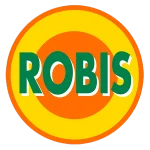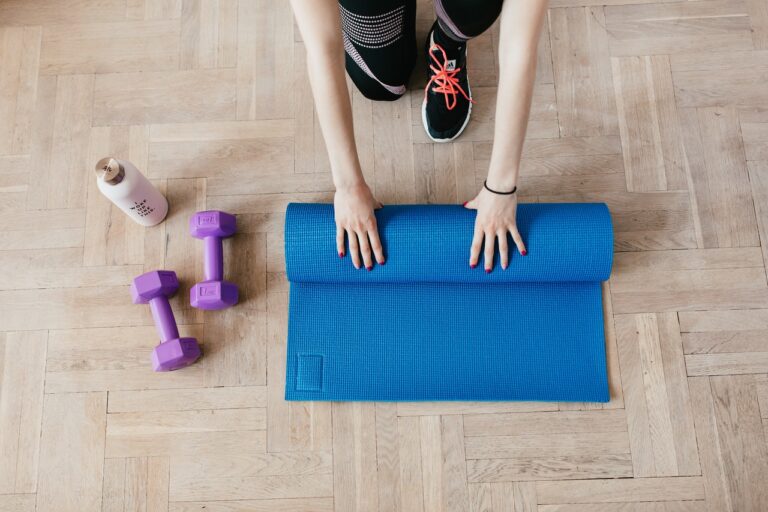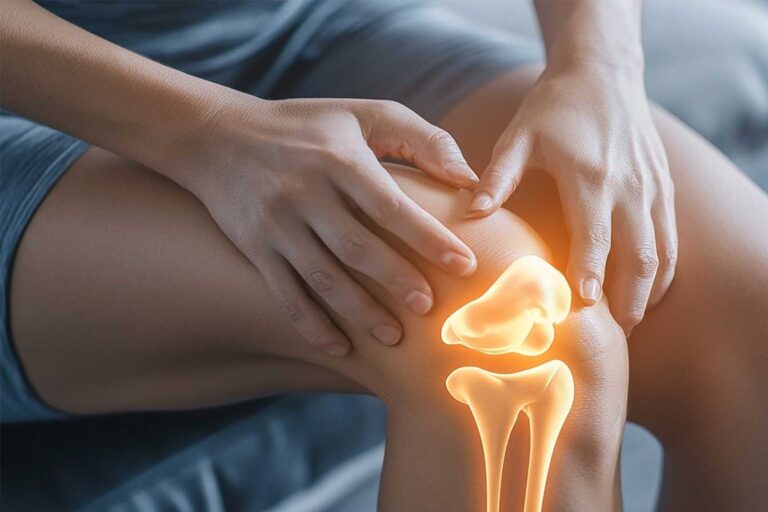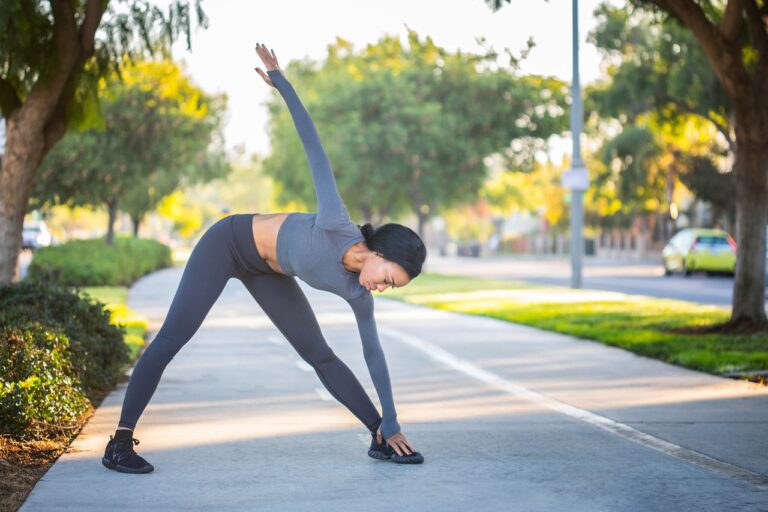The benefits of collagen and magnesium supplements for athletes are increasingly well-known. Not only at a scientific level and by elite athletes, but also by amateurs with an active lifestyle who practice sports regularly and care about their health and fitness. But why are they so important? What is special about them and what benefits do they provide? We are going to delve into it so that you have all the information.
Collagen and Magnesium for Athletes: Discover Why They are so Important
Collagen and Magnesium Supplements for Athletes Help Keep the Locomotor System in Good Condition
Did you know that a constant supply of collagen is key to the good condition of joint cartilage? And that magnesium is involved in the formation of all tissues, including bones?
Every athlete makes a demanding use of his musculoskeletal system. You need strong bones, muscles, and tendons in addition to preventing wear and tear on the cartilage in your joints. The intake of an adequate amount of collagen and magnesium is key for people who practice sports. And since they require a large amount, it is difficult for them to obtain it through food alone.
This is a compelling reason why collagen and magnesium supplements for athletes are so significant. Together, they help preserve muscle mass and favour the regeneration of the tissues of the locomotor system.
Easier Absorption of Hydrolysed Collagen
The collagen in quality collagen and magnesium supplements for athletes is hydrolysed. As manufacturers of food supplements at robis.es, we use this type of collagen because the body absorbs it more easily and thus the use is greater. In addition, its contribution favours the production of tissue collagen by the body itself.
Collagen and Magnesium Help Recovery from Sports Injuries
Sports injuries can arise at any time in the life of the athlete. Achieving a faster and more solid recovery is key to continuing with the sports routine without putting the body’s capacity for the future at risk.
Collagen and magnesium for athletes help recovery from injuries such as torn ligaments, and both contribute to optimal tissue regeneration.
They Help Prevent Joint Disorders Due to Sports Practice
Some physical exercises and sports are especially demanding on the joints. Either because they are high-impact exercises or because they favour joint wear. One of the most effective measures to help prevent joint cartilage wear in these cases is the regular and adequate consumption of collagen and magnesium.
Magnesium Helps Muscle Recovery and Prevents Muscle Cramps After Playing Sports
Taking collagen and magnesium for athletes helps muscle recovery after training. Magnesium is essential for muscles and tendons. And, among other benefits, it helps prevent the dreaded muscle cramps after demanding physical exertion.
The Deficit of Collagen and Magnesium for Athletes in the Body Affects Sports Performance
Another reason why collagen and magnesium are so important in athletes is because their deficit affects sports performance. The consequences of the lack of these nutrients in the body are diverse. And some of them directly impact physical and sports performance.
The lack of collagen means in practice weaker, worn joints, and it is common that when doing sports you feel pain.
Magnesium deficiency translates into poorer oxygenation of the muscles and a greater risk of suffering from annoying and disabling cramps. It also causes a greater feeling of tiredness and also influences mood, which can make it difficult to stay motivated.
These are the main reasons why it is essential for athletes to take collagen and magnesium. However, we recommend that you consult your sports doctor about the right amount for you according to your age, state of health, fitness and the demands of your training.




